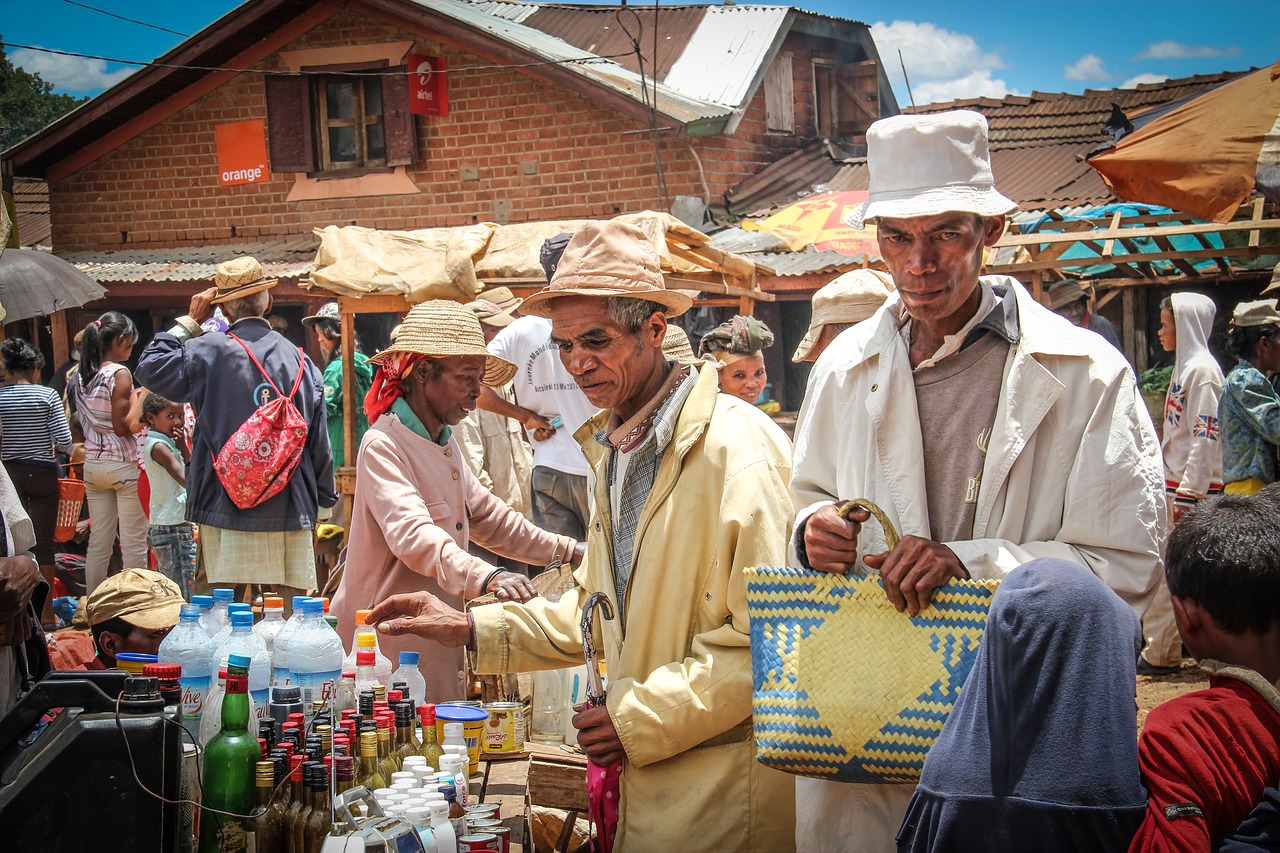The World Health Organization has issued a warning about the plague outbreak currently sweeping the African island of Madagascar. Since September, the plague has caused 200 infections and 33 deaths.
This kind of outbreak is a yearly occurrence in Madagascar, with around 400 reported cases annually, usually in the remote highlands, UPI reports. But this particular year is different, the WHO says, because many of the infected people live in the more densely populated areas, including the island capital of Antananarivo.
In addition, the infections being reported are the pneumatic plague, which is transmitted by air, and is much more difficult to manage.
The pneumatic plague is different from the bubonic plague, the latter being more common in Madagascar. The bubonic plague is transferred via fleas carried by rats that bite humans. Bubonic plague outbreaks happen more often in the rural farming areas, and are not easily transmitted.
Both types of the plague caused the Black Death epidemic that gripped Europe in the mid-14th century, wiping out one-third of the continent’s population.
Madagascar has closed schools and businesses, and put a ban on large, public gatherings such as concerts and sporting events in order to prevent even more widespread infection.
The plague is confirmed to have left the country after several participants in an international basketball competition showed symptoms after arriving home. One coach from Seychelles has died, and another from South Africa has been diagnosed, but survived.
The pneumatic plague is commonly mistaken for influenza or the common cold, worsening to pneumonia. It is considered the more deadly form of the plague.
The WHO has sent 1.2 million antibiotic doses to combat the outbreak, enough to treat 5,000 infected patients and 100,000 more that may have been exposed.
Dr. Charlotte Ndiaye, WHO’s representative in Madagascar, said, “Plague is curable if detected in time. Our teams are working to ensure that everyone at risk has access to protection and treatment. The faster we move, the more lives we save.”
























